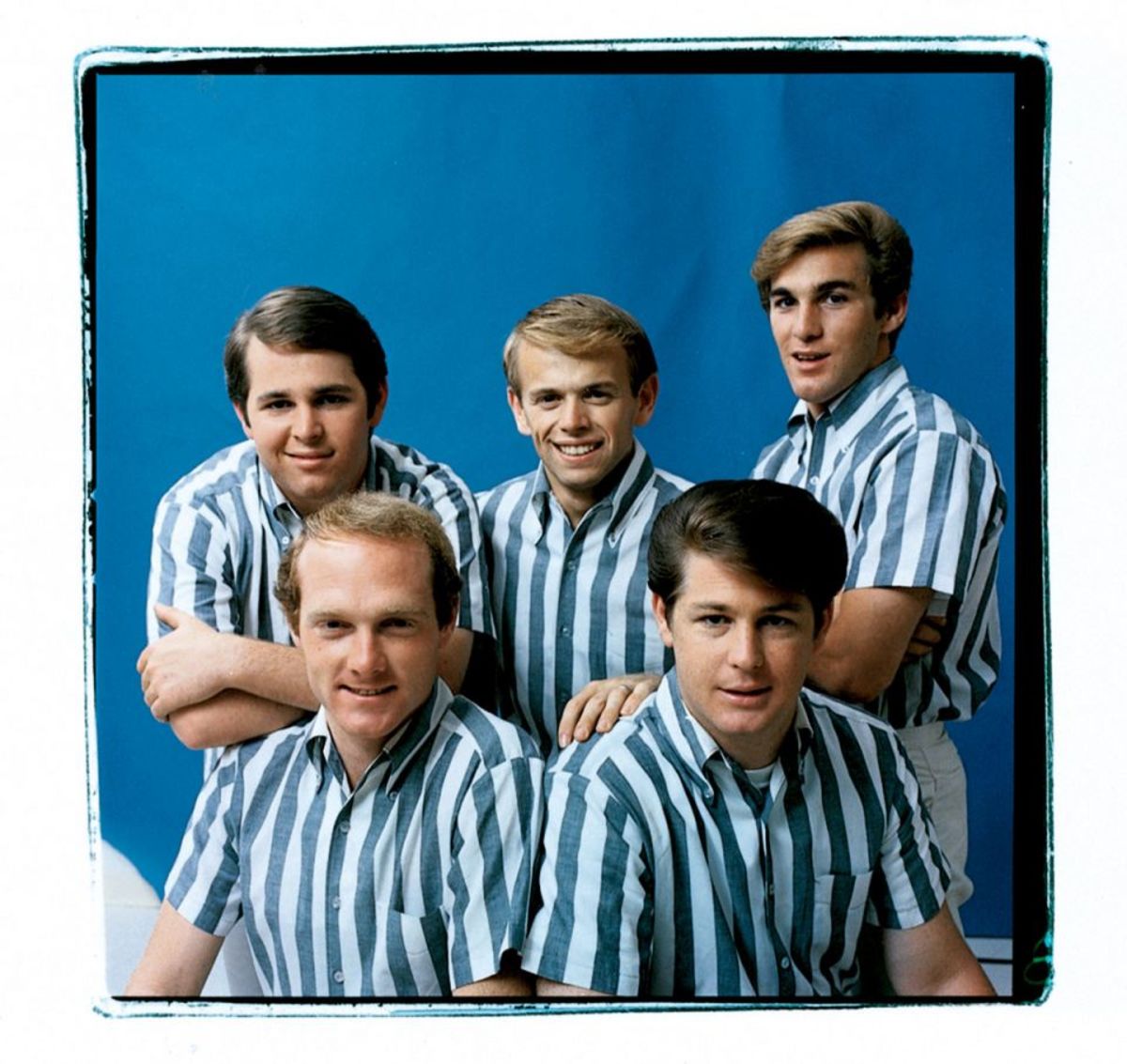“When I Grow Up (To Be A Man)” by The Beach Boys, released in 1964, stands as a poignant reflection on the journey from youth to adulthood, capturing the hopes, dreams, and uncertainties of adolescence.
The song opens with Brian Wilson’s introspective vocals, supported by the band’s trademark harmonies that evoke a sense of nostalgia and introspection. The lyrics delve into the longing to mature quickly and the anticipation of what adulthood may bring, highlighting themes of ambition, responsibility, and the desire for independence.
Musically, “When I Grow Up (To Be A Man)” features the band’s signature blend of surf rock and vocal harmonies, creating a melodic backdrop that complements the introspective lyrics. The instrumentation, characterized by lush arrangements and Wilson’s intricate production, adds depth to the song’s contemplative mood.

Throughout the track, The Beach Boys explore the complexities of growing up, touching on themes such as societal expectations, personal growth, and the inevitability of change. The chorus, with its wistful refrain “Will my kids be proud or think their old man is really a square?” encapsulates the uncertainty and self-reflection that accompany the passage of time.
Released during a period of cultural and social change, “When I Grow Up (To Be A Man)” resonated with young audiences grappling with their own transitions into adulthood. Its introspective lyrics and melodic charm made it a standout track in The Beach Boys’ repertoire, contributing to their reputation as innovators in pop and rock music.
Decades later, the song remains relevant for its universal themes and evocative storytelling. Its timeless appeal continues to resonate with listeners of all ages, reaffirming its status as a classic reflection on youth, aspiration, and the journey to maturity.
In conclusion, “When I Grow Up (To Be A Man)” by The Beach Boys remains a poignant exploration of the complexities of youth and the aspirations for adulthood. Its introspective lyrics, melodic richness, and cultural resonance ensure its place among the enduring classics of The Beach Boys’ musical legacy









